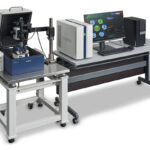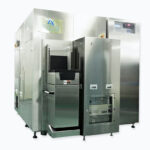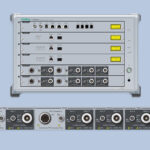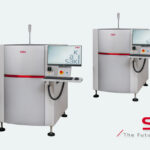ASIA ELECTRONICS INDUSTRYYOUR WINDOW TO SMART MANUFACTURING
FormFactor Releases New Rapid-Cooling Probe System for Quantum Device Testing
FormFactor, Inc. has introduced the IQ2000 die probing system capable of cooling devices from room temperature to a 4K base temperature in less than one hour. The new capabilities dramatically expedite testing for quantum control chips, cryo-CMOS, photonic devices, niobium-based circuits, materials development, and other applications that require ultra-low temperature environments. Quantum developers can now benefit from ten times faster cooling cycles without liquid cryogens. This yields comprehensive statistical data and accelerating quantum development cycles.
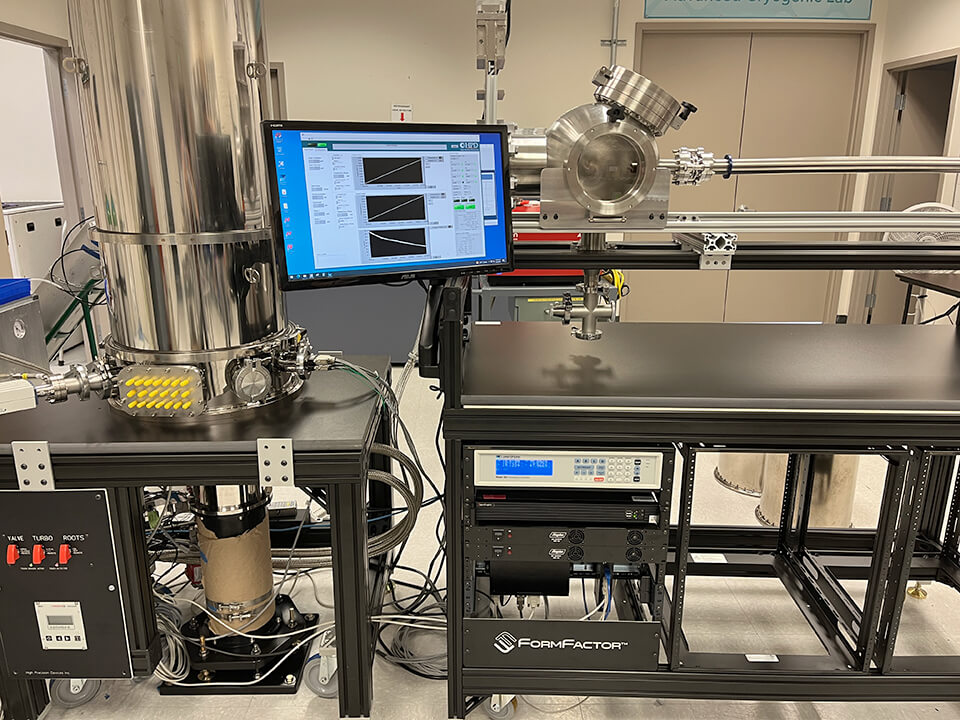
Traditional cryogenic chip probing methodologies can require 24 hours or more to exchange and cool the devices from room temperature to 4K. To eliminate more than 90 percent of this unproductive overhead, the IQ2000 innovative load-lock chamber and cryogenic probe head provide tool-free device exchange without warming up or opening the ultra-cold test environment. To further accelerate test, a high-density electrical probe interface is also available to enable high-bandwidth, parallel device contact.
IQ2000 Key Features
The new IQ2000 offers faster time to data with a load-lock chamber to cycle devices up to ten times faster in a cryogenic environment. It has options for <2K or <4K base temperature, with high cooling power (>200mW @ 4K). Also, it achieves up to 128 low-frequency signals and up to 28 high-bandwidth (>12.5 GHz) for parallel device test with FormFactor’s leading probe card technologies. Lastly, it offers a low vibration system for stable device contact and low-noise measurements.
“Quantum test engineers have long struggled with limited throughput due to the time it takes to cool down each device,” said Amy Leong, Senior Vice President and General Manager of Emerging Growth Business Unit at FormFactor.
“With the IQ2000, we eliminate the thermal cycle roadblock and simultaneously enable parallel probe test. We’re excited to bring these new capabilities to the community, to fast-track quantum development,” continued Leong.

